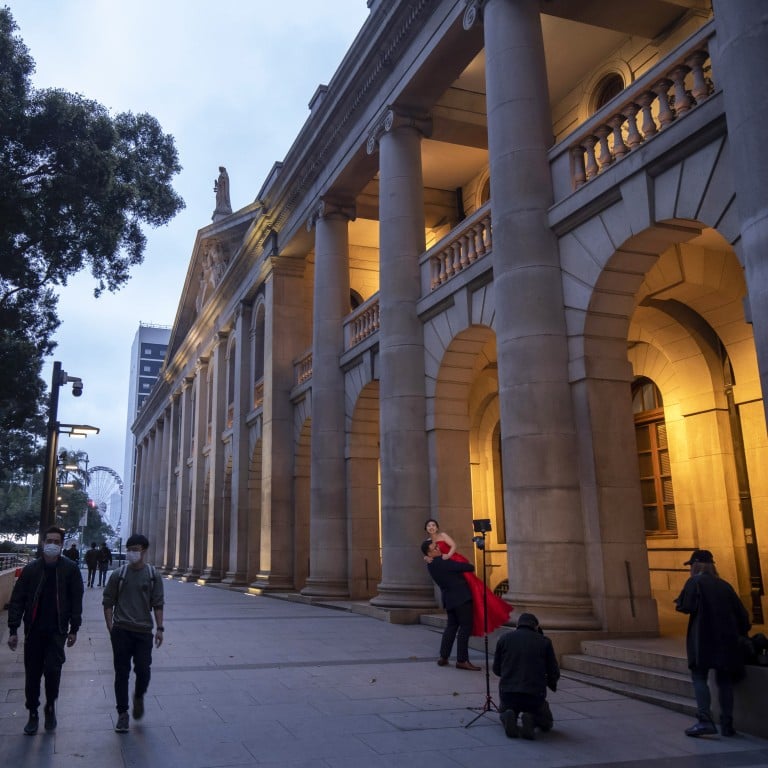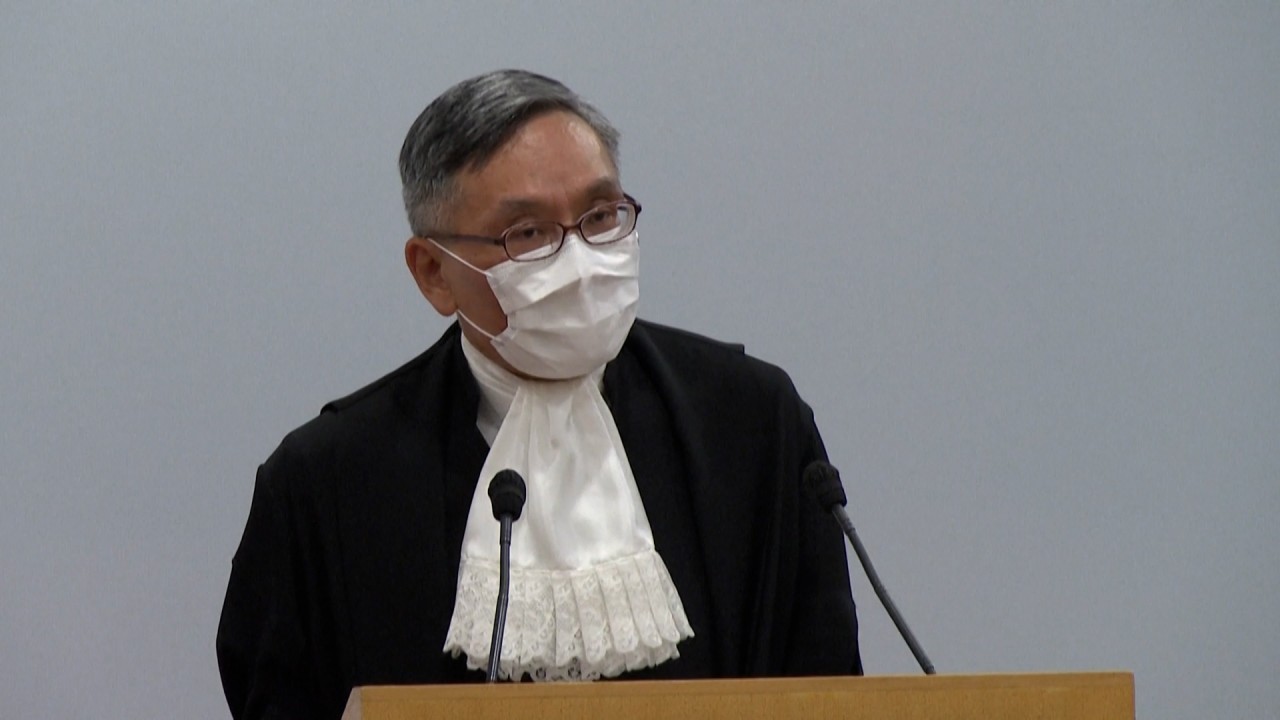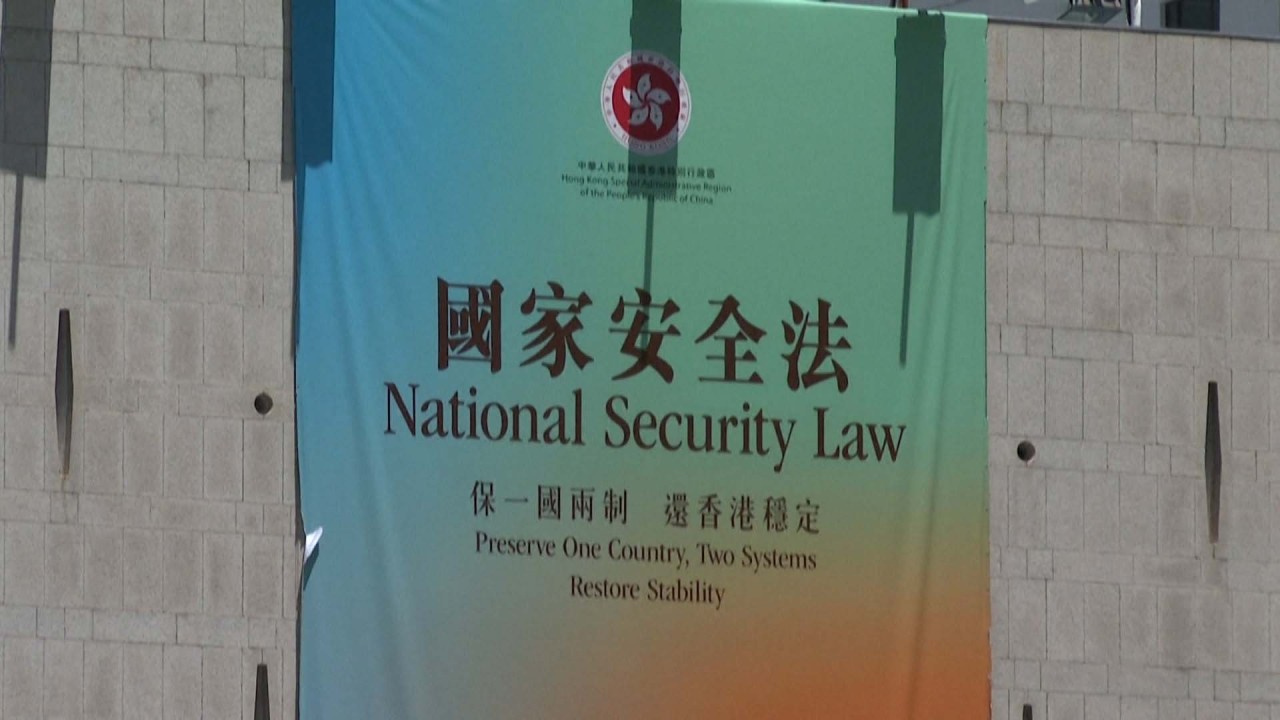
UK judges’ exit is disappointing, but Hong Kong judicial independence will continue to be upheld
- Exit will cause short-term challenges but the Bar Association does not believe there is any justified concern about the effect of the national security legislation on the rule of law and judicial independence
Their resignations marked the end of a long-time practice. The invitation of two serving law lords (now justices of the UK Supreme Court) to sit in Hong Kong’s Court of Final Appeal as non-permanent judges was adopted after an arrangement made in 1997 between then Hong Kong chief justice Andrew Li Kwok-nang and Lord Irvine, then lord chancellor.
Since the establishment of the Hong Kong special administrative region, the convention of the Court of Final Appeal has been that in most appeals, the bench would include a visiting non-permanent judge. Apart from Britain, judges from Canada, Australia and New Zealand have also sat in Hong Kong’s Court of Final Appeal.
Overseas judges, along with permanent and non-permanent local judges, are appointed by the chief executive on the recommendation of the Judicial Officers Recommendation Commission, an independent commission chaired by the chief justice. Appointments are endorsed by Hong Kong’s Legislative Council.
The contribution of the non-permanent judges has been widely acknowledged by our senior judges and academics. Their presence has always been welcomed by both the bar and the Law Society.
We do not believe there is any justified concern about the rule of law and the independence of the Hong Kong judiciary. It is regrettable that their resignations followed forceful calls by members of Parliament for them to do so. This sentiment was already articulated by Lord Sumption, one of the most well-respected retired Supreme Court justices, when he wrote in the Times on March 18, 2021, saying:
“It is not a proper function of judges to participate in political boycotts. They will serve the cause of justice better by taking part in the work of Hong Kong’s courts.”
A timely reminder Hong Kong’s rule of law needs public confidence
The Bar Association and the Law Society have recently urged the British government not to alter the arrangement, which has worked very well since 1997. When the issue was raised again recently, it became apparent to us that very little notice would be paid to our views, especially given the anti-China sentiment in British politics.
The Bar Association is in the best position to express an objective view on this as members of the independent bar have been the constant source of judges who comprise the independent judiciary in Hong Kong. Not only do we share the same training and heritage, but also the same values and principles. For decades we have appeared before these judges and argued a wide spectrum of cases before them.
Given this shared heritage, it is incumbent upon us to speak out regarding judicial independence and the rule of law in Hong Kong, when it is not the practice or convention for the judiciary to express any opinion or to say anything in its defence.
We have every confidence that despite the short-term challenges this decision will undoubtedly cause, the Hong Kong judiciary will continue to discharge its duties independently and professionally. Those charged with any criminal offences will continue to enjoy the rights guaranteed under the laws of Hong Kong in proceedings presided over by our professional judges.
The decision by Lord Reed and Lord Hodge to resign is regrettable but we are confident that our highest court will continue to provide the high standards of justice to which Hong Kong has become accustomed.
Victor Dawes is a practising Senior Counsel and the chairman of the Hong Kong Bar Association



